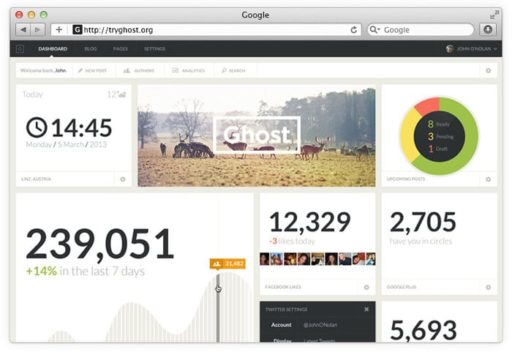Recall all the websites that you tend to visit when you are really happy. Then bring to mind all such websites that you resort to when you are angry, sad or depressed. You will realize that your browsing patterns clearly vary with a change in your state of mind. And based on this, a new research claims that browsing patterns can detect when you are depressed.
The research was carried out at Missouri University of Science and Technology. The team which undertook the research comprised of engineers, computer scientists as well as psychologists. They based their research on asking 200 people to fill out a survey about “recent effective experiences.”
This survey, or questionnaire, was a fairly standard set of such questions which can be used to gauge the mental state of a person. However, those who took the survey were unaware of this.
The results were quite promising and showed that indeed with varying states of depression, our browsing patterns change. It’s not exactly what we are looking for, but how we search for things that changes. For instance, a normal person may continue his work in a rather organized manner. A depressed person may start fidgeting around online, not staying at any website for a long enough time.
Scientists behind the research have established that certain patterns, such as heavy emailing and chatting online, peer-to-peer file sharing and switching between multiple sites quickly are all symptoms of depression. To break it down, excessive online interactions such as emailing and chatting may indicate a lack of real-life face-to-face relationships. Switching between websites can simply be a way to suppress all emotions, not giving any page much attention.
The findings of this research are quite interesting and significant. A huge percentage of the world suffers from depression. With surveys like these, used in conjunction with internet, it will be possible to at least gauge whether or not a person is depressed. Such surveys or questionnaire may even come as browser plug-ins in the coming days, auto-reading user’s browsing patterns and triggering an alert when they feel that the user is depressed.
Source: Missouri University
Courtesy: Slashdot
[ttjad keyword=”hot”]




